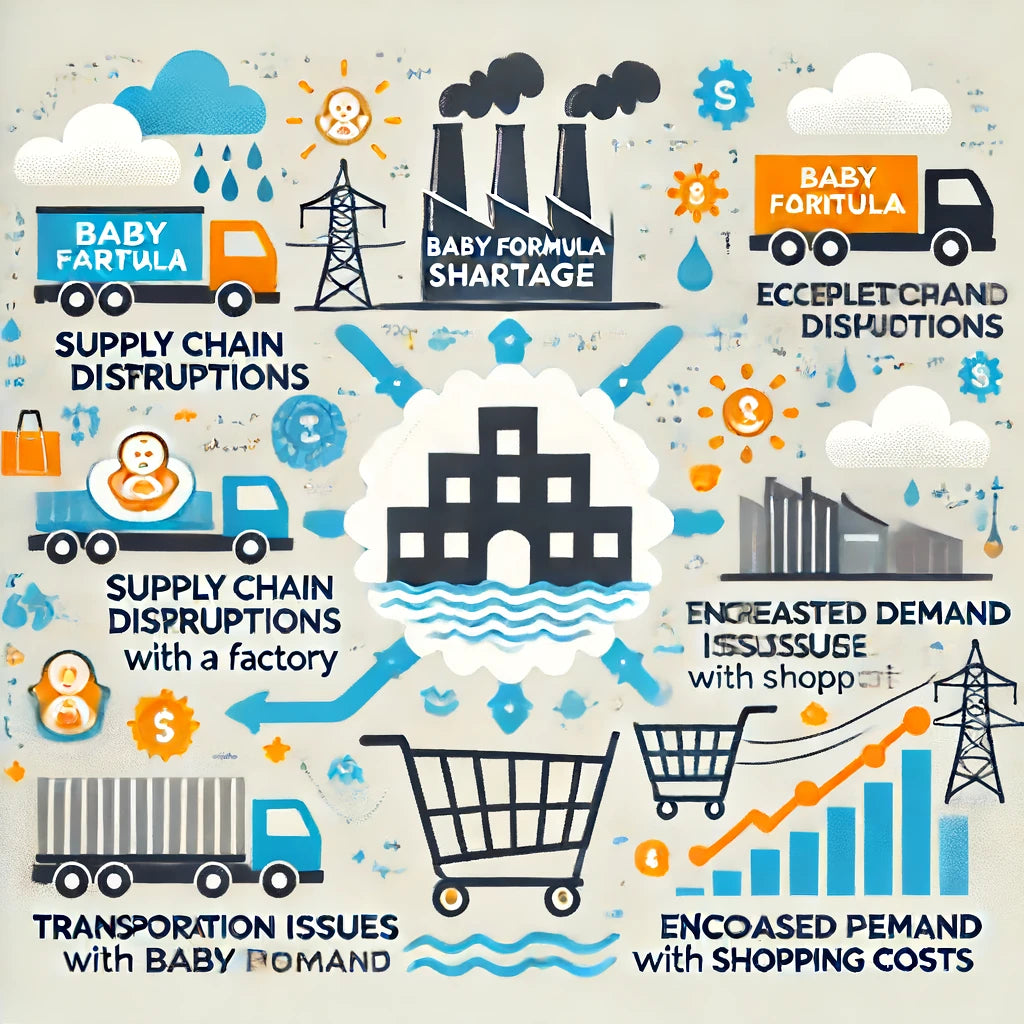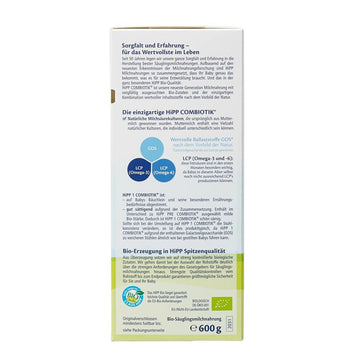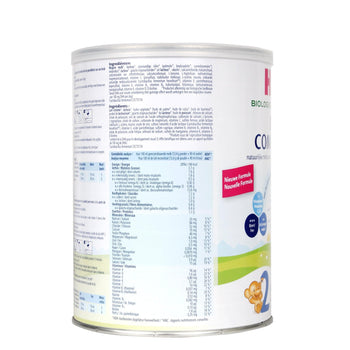What is Causing the Baby Formula Shortage?
In recent times, parents across the globe have been facing a significant challenge: a shortage of baby formula. This issue has left many scrambling to find alternatives and has raised numerous questions about the causes behind this alarming situation. In this blog post, we will explore the factors contributing to the baby formula shortage, with a particular focus on European infant formula.
Supply Chain Disruptions
One of the primary reasons for the baby formula shortage is disruptions in the supply chain. The COVID-19 pandemic has had far-reaching effects on global trade and manufacturing processes. Lockdowns, restrictions, and labor shortages have all contributed to delays in production and distribution.
Manufacturing Delays
Many baby formula manufacturers operate on a just-in-time production model, meaning they produce goods as needed rather than maintaining large inventories. When factories were forced to shut down or reduce their workforce due to COVID-19 outbreaks, it created bottlenecks in production. European infant formula manufacturers were not immune to these disruptions, leading to decreased output and longer lead times.
Transportation Issues
The transportation sector has also been heavily impacted by the pandemic. Shipping containers are in short supply, ports are congested, and there is a lack of truck drivers to transport goods from warehouses to retail stores. These logistical challenges have made it difficult for baby formula products to reach their destinations promptly.
Increased Demand
Another factor contributing to the baby formula shortage is increased demand. During the pandemic, many parents began stockpiling essential items, including baby formula, out of fear of future shortages. This sudden surge in demand put additional strain on an already stressed supply chain.
Changing Consumer Preferences
There has also been a noticeable shift in consumer preferences towards European infant formula. Many parents perceive European brands as being of higher quality due to stricter regulations and standards in Europe regarding ingredients and production processes. This preference has led to increased demand for European infant formula products in markets outside Europe.
Regulatory Hurdles
Regulatory issues have further exacerbated the baby formula shortage. Different countries have varying regulations regarding the importation and sale of infant formula. These regulations can create barriers that slow down or prevent the distribution of certain products.
Import Restrictions
In some cases, countries impose strict import restrictions on foreign-made infant formulas to protect domestic producers or ensure product safety standards are met. These restrictions can limit the availability of European infant formulas in non-European markets.
Labeling Requirements
Labeling requirements can also pose challenges for manufacturers looking to export their products internationally. Different countries may require specific information on labels that differ from those used in Europe. Meeting these requirements can be time-consuming and costly for manufacturers.
Economic Factors
Economic factors play a significant role in causing shortages as well. The cost of raw materials used in producing baby formulas has risen sharply due to inflationary pressures and supply chain disruptions mentioned earlier.
Rising Costs
Ingredients such as milk powder, vitamins, and minerals – essential components found within most types (including European) – have seen price hikes over recent months/years which ultimately affects final retail prices making them less affordable especially during times when household incomes might be strained because economic downturns caused by pandemics like COVID-19 among others reasons too!


























